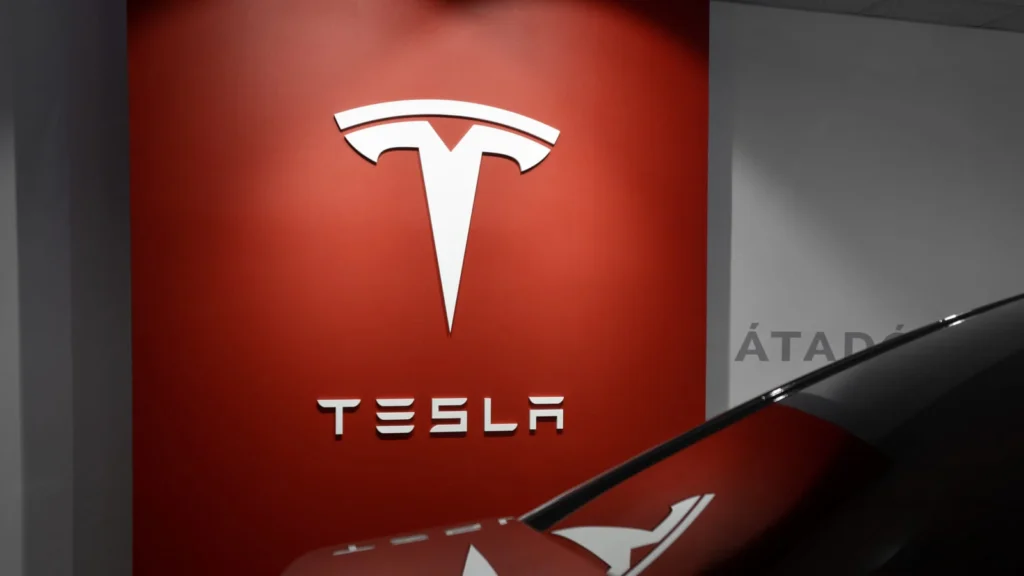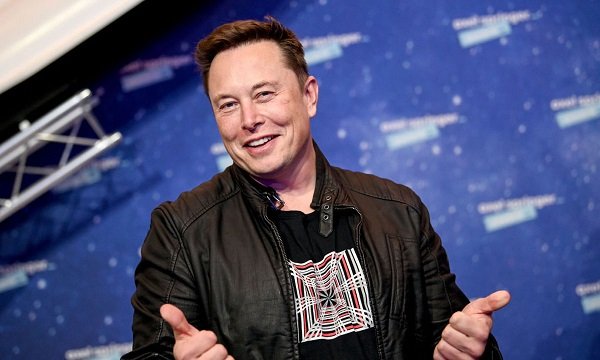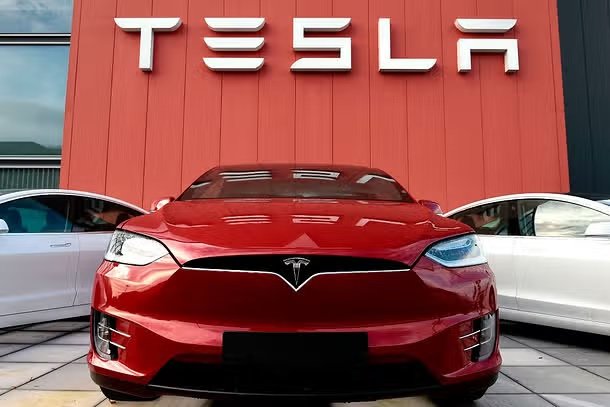Tesla’s Long-Awaited Entry into India Begins with a Mumbai Showroom Opening on July 15, 2025
After years of anticipation, negotiations, and strategic planning, Tesla, the pioneering electric vehicle (EV) manufacturer, is set to make its debut in India. On July 15, 2025, the company will open its first “Experience Center” in Mumbai’s prestigious Bandra Kurla Complex (BKC), marking a historic moment for both Tesla and India’s burgeoning EV market. This move not only brings Tesla’s cutting-edge technology to one of the world’s largest automotive markets but also signals a new chapter in India’s journey toward sustainable transportation.
As the countdown to the grand opening begins, here’s everything you need to know about Tesla’s entry into India, from the details of the Mumbai showroom to the broader implications for the Indian EV landscape.
Tesla’s Journey to India: A Long Road to Market Entry
Tesla’s interest in the Indian market dates back several years, with numerous discussions and meetings between Tesla CEO Elon Musk and Indian officials. A pivotal moment came in February 2025 when Musk met with Indian Prime Minister Narendra Modi in Washington, DC, to discuss potential collaborations in technology and innovation. This high-level engagement underscored India’s strategic importance for Tesla and highlighted the Indian government’s eagerness to attract global EV manufacturers.
However, Tesla’s path to India has been fraught with challenges, particularly around import duties. India imposes steep tariffs on fully built imported vehicles, with duties ranging from 70% to 100% depending on the vehicle’s value. Tesla had previously sought concessions on these duties, but the Indian government, keen on promoting local manufacturing, has maintained its stance. Commerce and Industry Minister Piyush Goyal emphasized that policies are designed to attract all global EV manufacturers, not just Tesla, to foster a competitive and sustainable EV ecosystem.

Despite these hurdles, Tesla has moved forward, signing a lease deal in March 2025 for its first showroom in Mumbai’s BKC. The company has also intensified recruitment efforts and scouted locations in New Delhi, signaling a serious commitment to establishing a foothold in India.
The Mumbai Showroom: A Premium Experience in India’s Financial Hub
Tesla’s first Experience Center in India will be located at Jio World Drive in BKC, Mumbai, occupying a 4,000-square-foot space in the Maker Maxity Mall, near Apple’s flagship store. Known for its luxury retail and business establishments, BKC is an ideal setting for Tesla to showcase its premium electric vehicles and technology. The showroom, rented at approximately ₹4 crore per annum, will allow customers to explore Tesla’s range of EVs, including the Model Y, imported from Tesla’s Shanghai factory.
The launch event, scheduled for July 15, 2025, is expected to last 1.5 hours and will likely include demonstrations of Tesla’s vehicles and technology. However, visitors should note that the initial phase will not include test drives or vehicle deliveries. Instead, the Experience Center will serve as a platform for customers to learn about Tesla’s products and services, with sales and deliveries expected to follow in subsequent phases.
Tesla’s choice of Mumbai as its first location is strategic. As India’s financial capital and a hub for affluent consumers, Mumbai offers a prime market for Tesla’s premium vehicles. The Experience Center is poised to become a destination for EV enthusiasts and tech-savvy buyers, offering a glimpse into Tesla’s vision for sustainable transportation.

Vehicles on Display: Model Y Takes Center Stage
Tesla has imported six Model Y vehicles for the Indian market, with five standard models priced at $32,500 each and one long-range variant at $46,000. Due to India’s high import duties, the ex-showroom price of these vehicles is expected to be around Rs 50 lakh (approximately $60,000), nearly double their price in markets like the US. This pricing reflects the challenges posed by India’s tariff structure but also positions Tesla as a luxury brand in the Indian market.
The Model Y, Tesla’s best-selling vehicle globally, is known for its sleek design, advanced features, and impressive range. Its introduction in India is a testament to Tesla’s confidence in the Indian market’s potential, despite the initial high costs. The following table summarizes the import details:
| Item | Details |
|---|---|
| Vehicles Imported | Six Tesla Model Y (5 standard at $32,500 each, 1 long-range at $46,000) |
| Declared Value | Approx. Rs 2.77 million per unit |
| Import Duty | Over Rs 2.1 million per unit (70% tariff) |
| Ex-Showroom Price | Approx. Rs 50 lakh |
| Additional Imports | Several Superchargers |
| Import Origins | Mainly China and the United States |
| Total Import Value | $1 million (Jan-Jun 2025) |
In addition to vehicles, Tesla has imported several Superchargers, indicating plans to develop charging infrastructure in India. This is a critical step, as charging facilities remain a significant concern for potential EV buyers in the country.
Tesla’s Strategy in India: Retail First, Manufacturing Later?
Tesla’s current strategy in India is centered on establishing a retail presence without committing to local manufacturing in the immediate future. Union Minister for Heavy Industries HD Kumaraswamy has confirmed that Tesla is “not interested” in manufacturing in India at this stage, opting instead to import vehicles from its existing factories in Shanghai and Berlin. This approach allows Tesla to test the waters in the Indian market, gauge consumer interest, and build brand awareness before considering larger investments.
The Indian government has offered incentives for companies that invest in local manufacturing, including a reduced import duty of 15% for those investing $500 million in local production. However, Tesla’s focus on retail operations reflects the complexities of the Indian market, including high import duties and regulatory hurdles. Tesla’s CFO, Vaibhav Taneja, has previously noted that the company is “very careful” in planning its market entry due to these challenges.
Tesla has also leased 24,565 square feet of warehousing space in Lodha Logistics Park, Mumbai, for five years, likely to store vehicles and parts. Additionally, the company has established an engineering hub in Pune and a registered office in Bengaluru, indicating a broader operational strategy.
Market Impact: A Game-Changer for India’s EV Ecosystem
Tesla’s entry into India is expected to have a profound impact on the country’s EV market. India is targeting 30% EV adoption by 2030, and Tesla’s presence could accelerate this transition by introducing advanced technology and raising the bar for competitors. Local EV manufacturers like Tata Motors and Mahindra & Mahindra will face increased competition, prompting them to innovate and improve their offerings.
Moreover, Tesla’s focus on charging infrastructure could help address one of the major bottlenecks in India’s EV adoption—the lack of widespread charging stations. By setting up Superchargers, Tesla can demonstrate the feasibility and convenience of long-distance EV travel, encouraging more consumers to consider electric vehicles.
However, the high pricing of Tesla’s vehicles due to import duties may limit their appeal to a niche segment of affluent buyers initially. This could spark debates about accessibility and the need for policy adjustments to make EVs more affordable for the average Indian consumer. Despite these challenges, Tesla’s entry is a positive step for India’s EV market, signaling a commitment to sustainable transportation and potentially paving the way for future investments.
Government and Consumer Reaction: A Balanced Approach
The Indian government has welcomed Tesla’s entry but has made it clear that no special treatment will be extended to the company. Commerce and Industry Minister Piyush Goyal has stated that policies are designed to attract all global EV manufacturers, not just Tesla, emphasizing the government’s commitment to fostering a competitive and sustainable EV ecosystem.
Consumer reaction has been mixed. While many are excited about the prospect of owning a Tesla, others are concerned about the high costs. Social media platforms are abuzz with discussions about Tesla’s pricing, with some users expressing hope that local manufacturing could eventually bring down prices. Despite these concerns, Tesla’s reputation for innovation and quality is likely to attract a new segment of consumers, particularly those seeking premium, eco-friendly vehicles.
Future Plans: Beyond Mumbai
Tesla’s ambitions in India extend beyond the Mumbai showroom. The company is actively recruiting for various roles across the country, including in New Delhi, where it is rumored to be planning a second showroom. Tesla is advertising roles in sales, service, store management, supply chain, and autonomous driving operations, indicating a robust operational framework.
While there are no immediate plans for local manufacturing, Tesla’s recruitment efforts and infrastructure investments suggest a long-term commitment to the Indian market. As Tesla gains a foothold through its retail operations, it may reassess its manufacturing strategy based on market response and policy developments. The company’s global strategy of leveraging existing manufacturing capabilities to enter new markets efficiently is evident in its approach to India, but the potential for future investments remains open.
You Learn: A New Era for India’s EV Market
Tesla’s opening of its first showroom in Mumbai on July 15, 2025, marks a historic moment for both the company and India’s automotive industry. This move not only brings Tesla’s innovative electric vehicles to Indian consumers but also signals a new era of competition and growth in the EV sector. While challenges such as high import duties and the need for charging infrastructure remain, Tesla’s entry is a step toward a more sustainable and technologically advanced automotive future in India.
As the countdown to July 15 begins, all eyes will be on BKC, Mumbai, where Tesla will unveil its vision for the Indian market. For now, the focus is on the Experience Center, but the broader implications for India’s EV landscape are undeniable. Tesla’s arrival is not just about selling cars; it’s about inspiring a shift toward cleaner, greener transportation solutions.
(India CSR)























